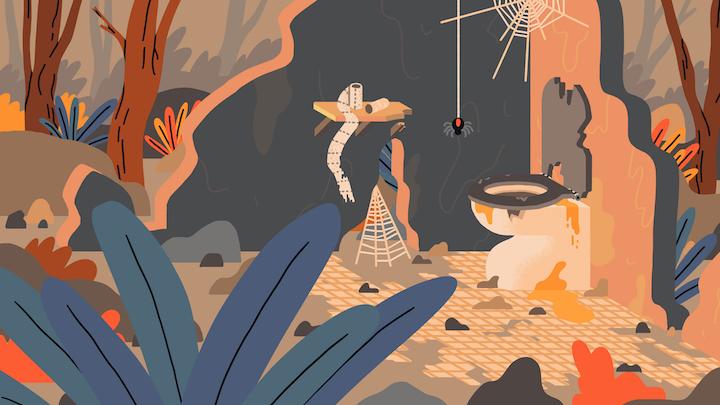Lina Zeldovich
AUTHOR / JOURNALIST
Reinventing the Toilet: A Lavatorial Revolution Bubbles up in Madagascar

Eleonore Rartjarasoaniony – a 47-year-old mother, daughter and small-shop owner in Madagascar’s capital Antananarivo – stands in the middle of her yard, watching two young men in colourful overalls and rubber boots service her new waterless Loowatt toilet, which replaced her pit latrine a few months ago. At her feet, two lean, long-legged chickens, flocked by a bunch of fluffy chicks, peck at anything remotely resembling food, including my shoes.
Inside a wooden shack behind her, Rartjarasoaniony’s elderly mother greets customers through a small window that overlooks the narrow, unpaved neighbourhood street. That’s Rartjarasoaniony’s shop, in which she sells a bit of everything – kitchen sponges, eggs laid by her hens and freshly brewed coffee, which she hands out to customers in small metal cups, rinsed in a bucket of water from a communal pump.
As she describes her new toilet in the soft Malagasy language – and Loowatt’s manager Anselme Andriamahavita translates – I discern the word tsara in the string of unfamiliar sounds. By now I’ve learned that tsara means ‘well’, as in wellbeing and healthy. Rartjarasoaniony switched to the new toilet because it’s cleaner and safer than her outhouse. “My family of four uses it, and so do my three tenants who rent the next house over – it’s included in the rent,” she says. “Even my son can use it,” she adds, echoing worries of all Malagasy mothers, terrified that their young children may one day fall into a pit and literally drown in shit. Read Full Story on MosaicScience.
